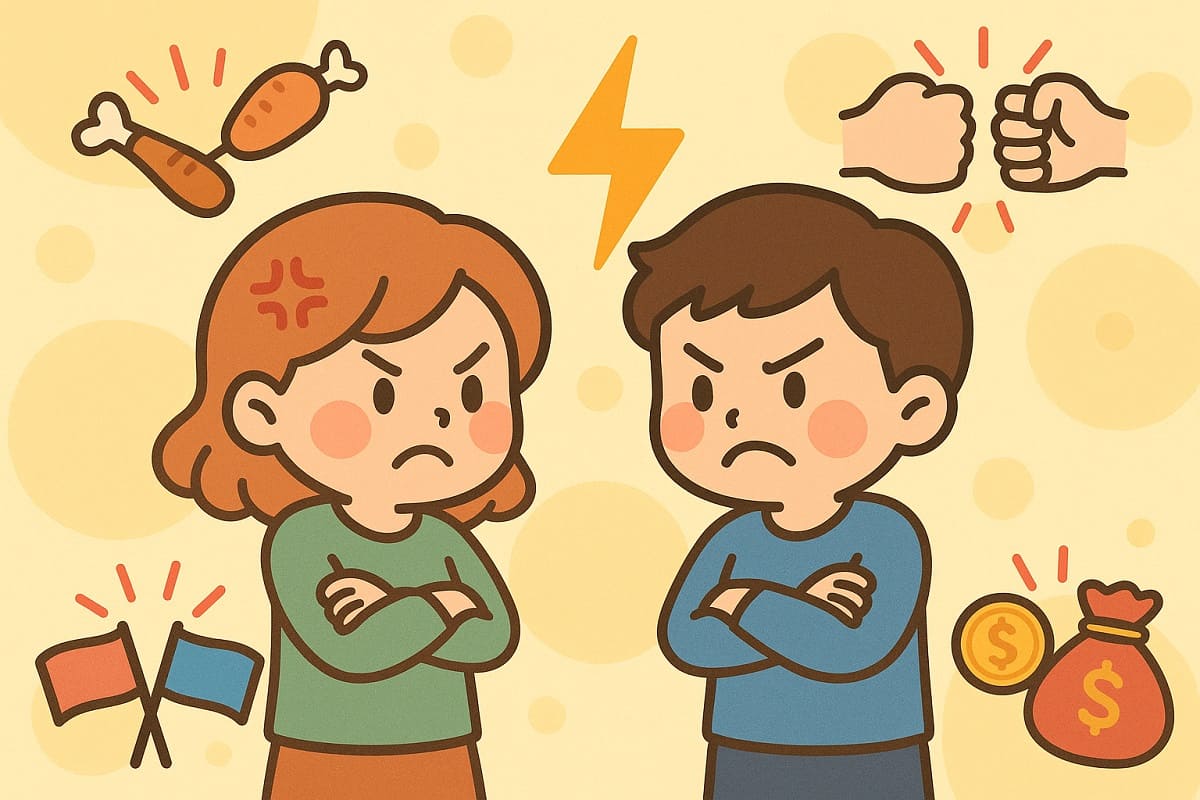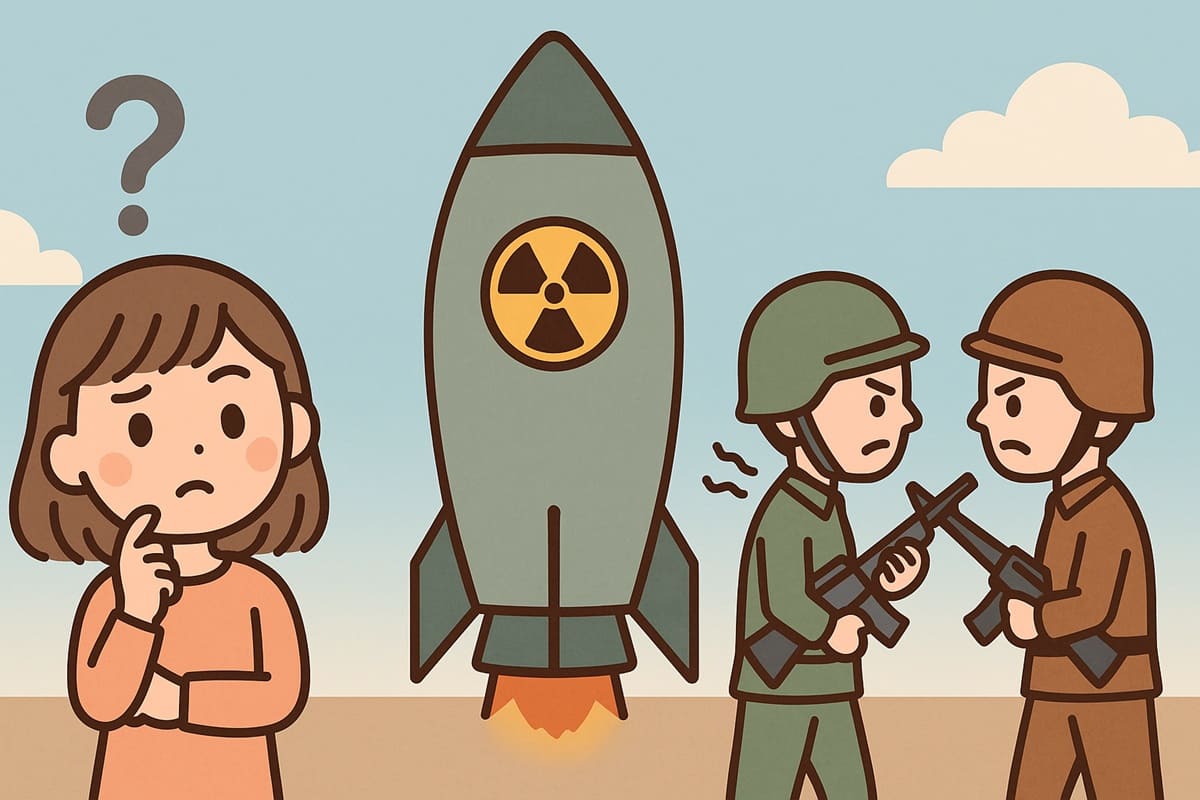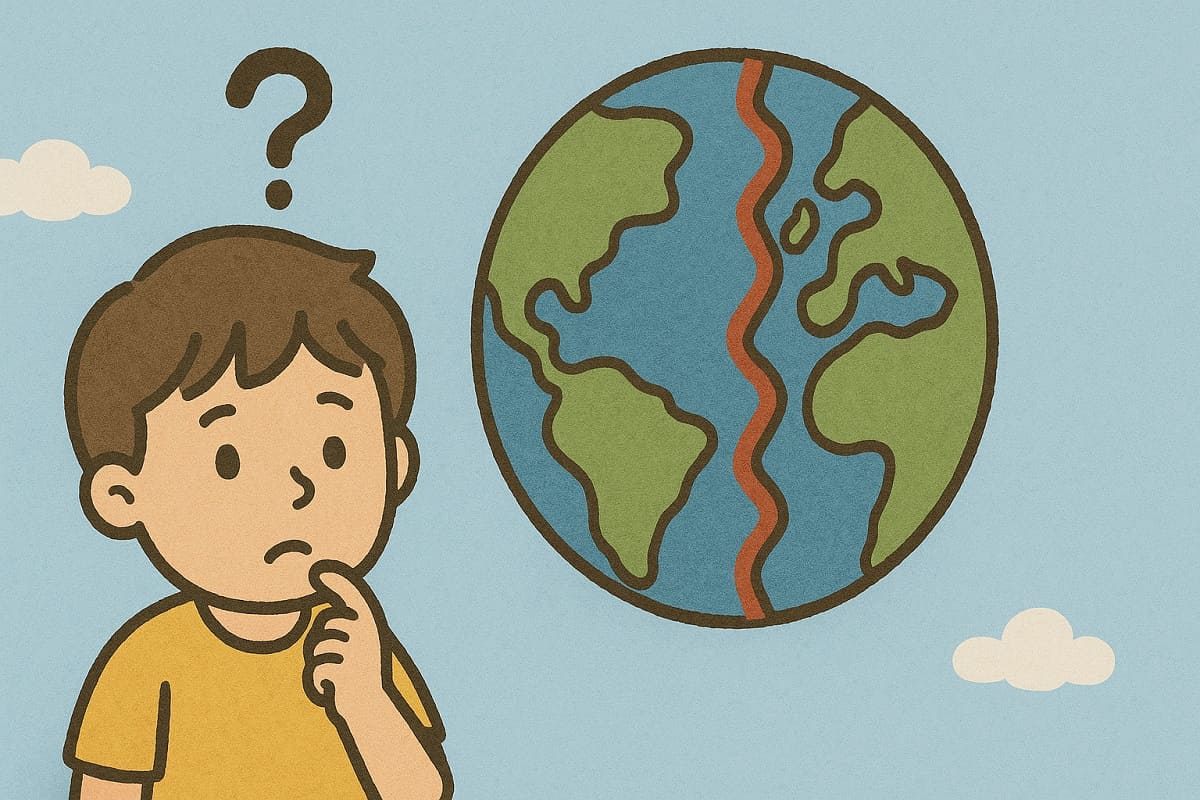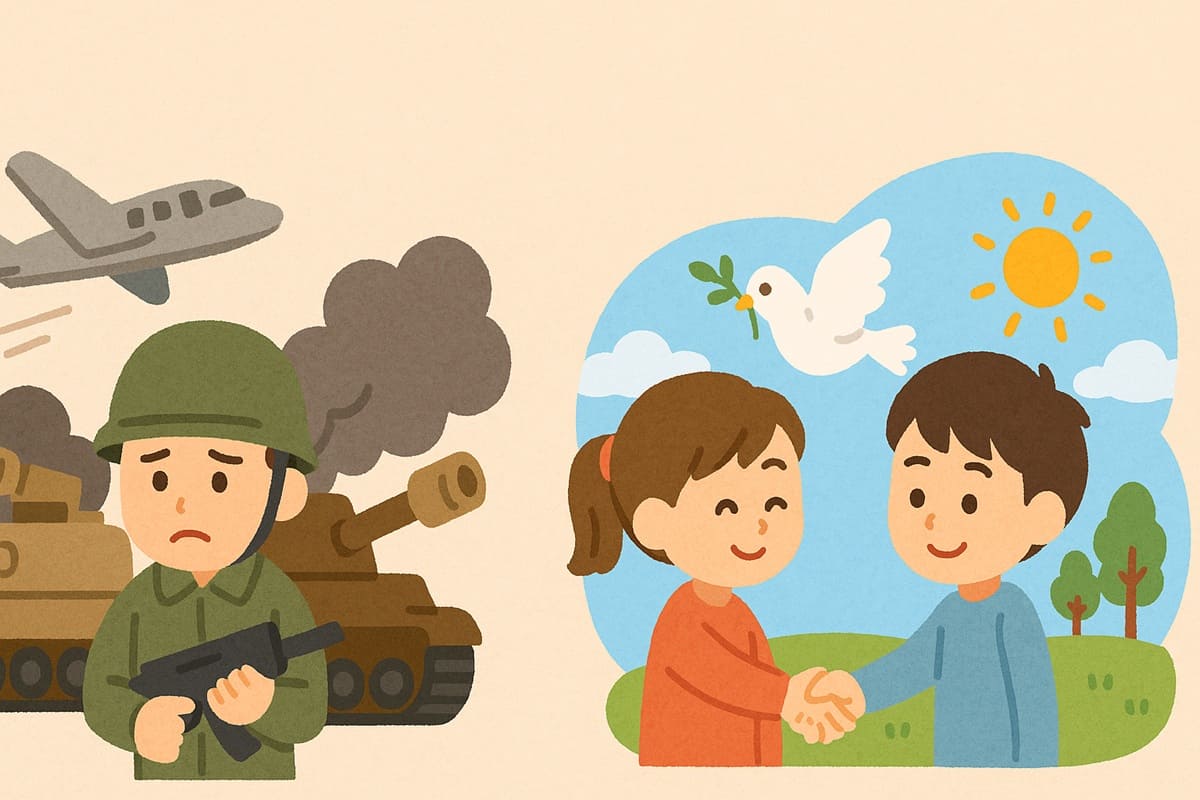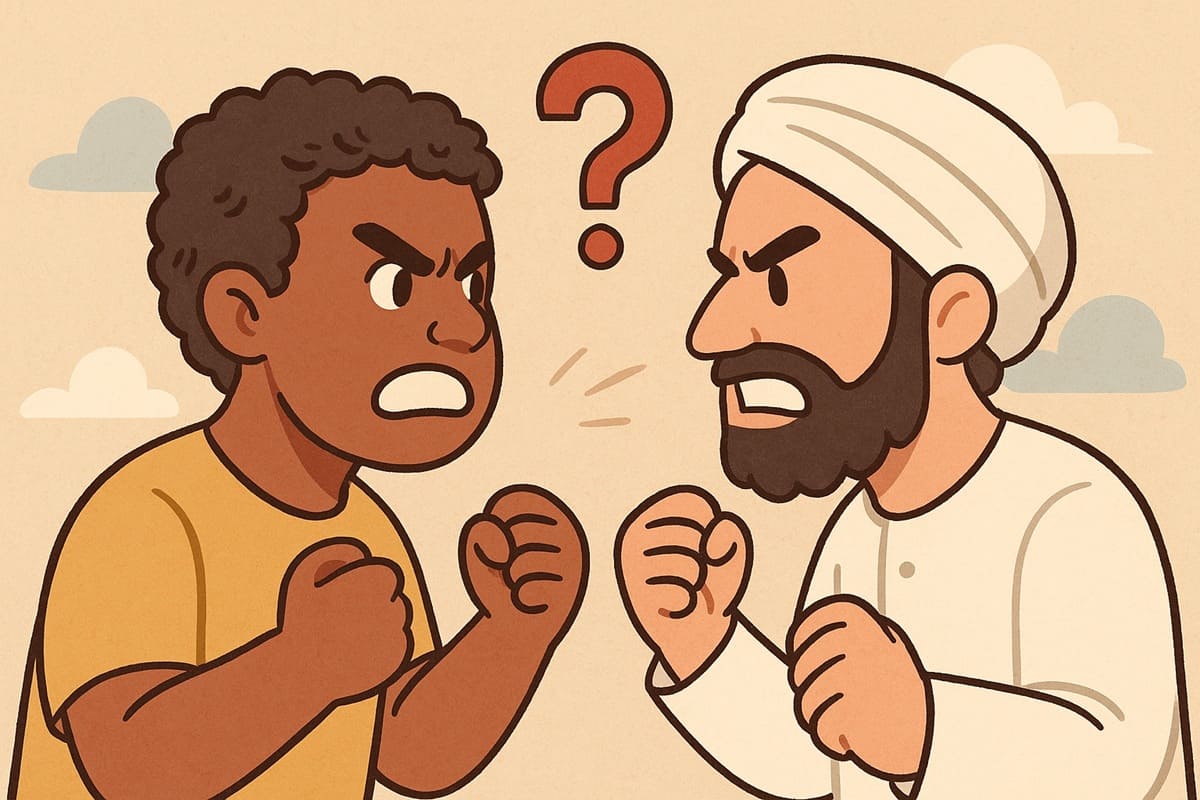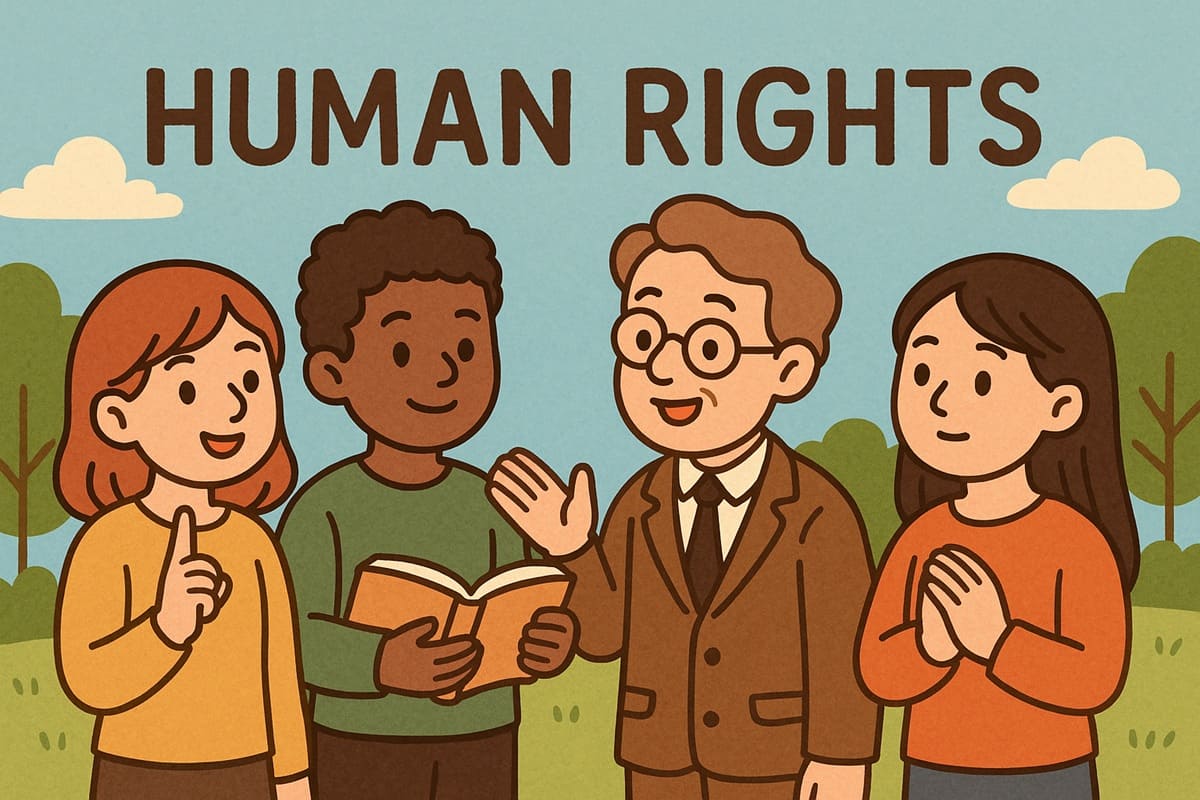Why Are Israel and Iran So Hostile Toward Each Other?
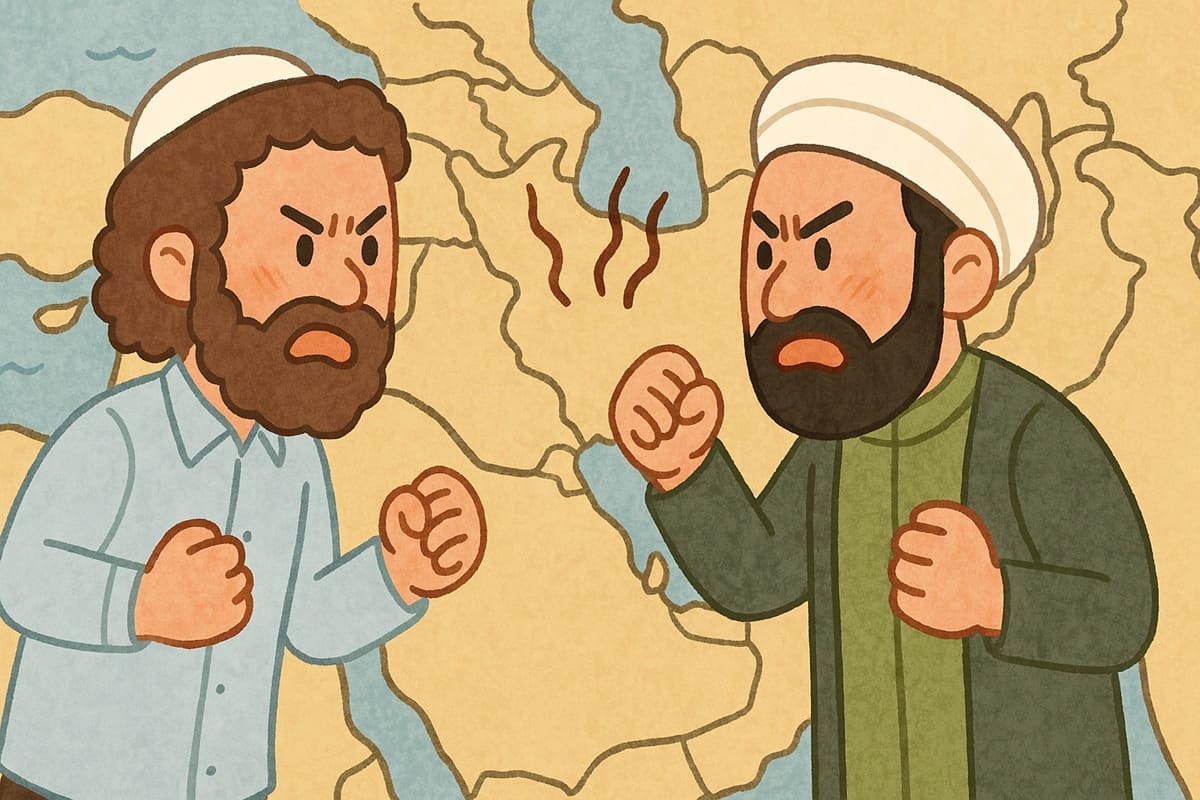
The countries “Israel” and “Iran” often show up in Middle East news. You may have heard these names, but have you ever wondered, “Why are these two countries so opposed to each other?” In this post, we’ll explain the reasons for their conflict in as simple terms as possible—covering history, religion, politics, and especially the nuclear development issue.
They Used to be Friends?
Actually, Israel and Iran were not always enemies. After Israel was founded in 1948, Iran was one of the few Middle Eastern countries to maintain official diplomatic relations with Israel. They cooperated economically and militarily, and even had direct flights between them.
However, in 1979, Iran underwent a major shake-up known as the Islamic Revolution. It changed into a religious state based on Islam, and abruptly severed ties with Western-friendly countries, including Israel. From that point on, Iran began to regard Israel as an “enemy,” using strong words like “Israel should be wiped off the map.”
Big Differences in Religion and Opinions
Israel is a Jewish state. In contrast, Iran is an Islamic country that follows Shia Islam. Although this religious difference isn’t the sole reason for their conflict, Iran’s leaders believe that Israel has taken control of Jerusalem—a sacred place for Muslims—and refuse to recognize Israel’s existence.
Furthermore, Iran strongly believes that “it’s right to oppose Israel to support the Palestinian people.” As a result, they provide weapons and money to Palestinian militant groups like Hamas and Lebanese Hezbollah, which further provokes Israel.
An Indirect, “Proxy War”
Israel and Iran do not share a border, so they don’t fight each other directly. Instead, they engage in what’s called a “proxy war,” using other countries or armed groups. For instance, groups supported by Iran—such as Lebanon’s Hezbollah or Gaza’s Hamas—have fought Israel multiple times.
The Nuclear Development Issue: Their Biggest Flashpoint
Currently, the issue everyone focuses on is nuclear development.
Iran claims its nuclear energy program is for peaceful purposes. But Israel and the United States strongly suspect Iran is actually trying to build nuclear weapons. If Iran were to obtain nuclear weapons, it would pose an existential threat to Israel.
Israel is believed to already possess nuclear weapons, though it officially maintains ambiguity. But if Iran succeeds in developing nuclear arms, the balance of power would shift dramatically. That’s why Israel has declared it is prepared to take military action if necessary, to prevent Iran from acquiring them.
Can They Ever Make Peace?
As of now, there is little hope for reconciliation. Iran views Israel as a state that “should not exist,” and Israel sees Iran’s nuclear and missile developments as a direct threat. Major powers like the U.S., Russia, and China are also involved, making diplomatic solutions extremely difficult.
Still, neither country wants a full-scale war, knowing it would be devastating for both. For the time being, they are in a precarious state of constant tension.
Conclusion
The hostility between Israel and Iran stems from multiple intertwined causes: history, religion, politics, and especially the nuclear issue. That nuclear issue is one of the biggest reasons for their rising tension.
So when you come across headlines like “Israel and Iran are in Conflict,” don’t think it’s just two countries disliking each other—it’s also about their backgrounds, positions, and global security.
Main References
- Litvak, M. (2023). The ideological roots of Iran’s hostility toward Israel. Tel Aviv University Press.
- Hirose, T. et al. (2020). Middle East geopolitics and Iranian-Israeli confrontation. Chikuma Shobo.
- Takeyh, R. (2009). Guardians of the revolution: Iran and the world in the age of the Ayatollahs. Oxford University Press.
- Rubin, B. et al. (2014). The Middle East: A guide to politics, economics, society, and culture. Routledge.
- Katzman, K. (2022). Iran’s foreign and defense policies. Congressional Research Service.
